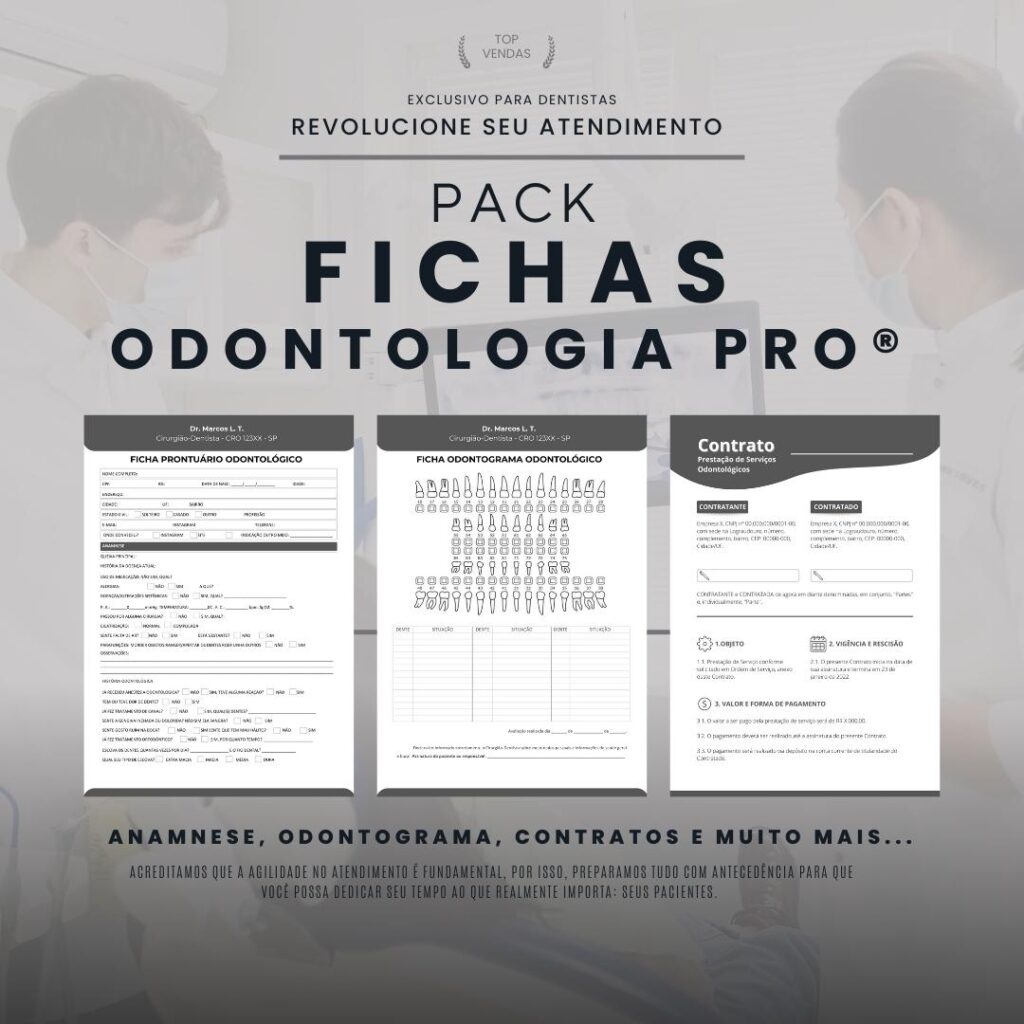What is Dental Hardness Grade?
The degree of dental hardness is a measurement that indicates the resistance of tooth enamel to the action of external agents, such as acidic foods and bacteria. This measurement is important for assessing oral health and preventing problems such as cavities and tooth sensitivity.
How is Dental Hardness Degree measured?
The degree of dental hardness is measured using specific tests, such as the Vickers hardness test. In this test, a small load is applied to the surface of the tooth and the depth of the impression left is measured. The greater the depth, the lower the hardness of the tooth enamel.
Factors that influence the degree of dental hardness
Several factors can influence the degree of tooth hardness, such as genetics, diet, oral hygiene and the use of dental products. In addition, exposure to acidic substances, such as soft drinks and citrus juices, can weaken tooth enamel and reduce its hardness.
Importance of Dental Hardness Degree
The degree of tooth hardness is important because teeth with harder enamel are more resistant to cavities and tooth sensitivity. In addition, healthy tooth enamel contributes to the aesthetics of the smile, since whiter, brighter teeth are considered more attractive.
Problems associated with low dental hardness
When tooth enamel is not hard enough, there is a greater likelihood of developing cavities, tooth sensitivity and tooth wear. In addition, a lack of tooth hardness can lead to aesthetic problems, such as stains and changes in tooth color.
How to Improve Dental Hardness
There are some measures that can be taken to improve the degree of dental hardness. The first is to maintain good oral hygiene, brushing your teeth properly after meals and flossing daily. In addition, it is important to avoid excessive consumption of acidic foods and adopt a balanced diet rich in nutrients essential for oral health.
Treatments to Increase Dental Hardness
In cases where tooth enamel is not very hard, dental treatments can be used to increase its resistance. One example is the application of fluoride, which strengthens tooth enamel and reduces the likelihood of cavities forming. Another option is the use of specific dental products, such as toothpastes and mouthwashes with ingredients that promote enamel remineralization.
Prevention of problems related to Dental Hardness
Prevention is essential to avoid problems related to hard teeth. In addition to oral hygiene measures and a balanced diet, it is important to make regular visits to the dentist to assess oral health and carry out preventive procedures, such as applying fluoride and professional cleaning.
Conclusion
In short, the degree of dental hardness is an important measure for assessing the resistance of tooth enamel and preventing problems such as cavities and tooth sensitivity. Adopting healthy habits, such as good oral hygiene and a balanced diet, combined with specific dental treatments, can help improve dental hardness and maintain good oral health.

